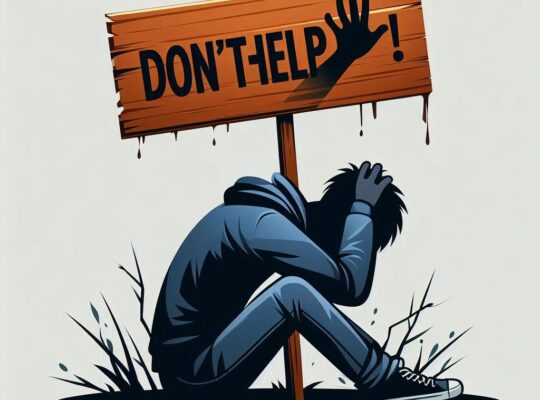Trauma is a silent assailant, often leaving invisible scars that linger long after the event has passed. Its impact reverberates through every aspect of a person’s life, shaping their perceptions, behaviors, and relationships. For women, navigating the aftermath of trauma can be particularly challenging, as societal norms and gender roles intersect with personal experiences, often compounding the effects. In this blog post, we delve into the complex ways in which trauma affects women and explore avenues for healing and resilience.
The Multifaceted Nature of Trauma
Trauma comes in many forms, ranging from physical and emotional abuse to assault, neglect, and loss. Women are disproportionately affected by certain types of trauma, such as domestic violence, sexual assault, and gender-based discrimination. These experiences can shatter a woman’s sense of safety and trust, leaving her feeling vulnerable and isolated.
Furthermore, trauma can manifest differently in women due to societal expectations and cultural conditioning. Women may internalize their pain, feeling pressure to maintain a facade of strength and resilience. This can lead to a reluctance to seek help or speak out about their experiences, perpetuating a cycle of silence and shame.
The Ripple Effect on Mental Health
The toll of trauma on mental health cannot be overstated. Women who have experienced trauma are at increased risk of developing conditions such as depression, anxiety, post-traumatic stress disorder (PTSD), and substance abuse disorders. These mental health challenges can significantly impact daily functioning, relationships, and overall quality of life.
Moreover, trauma can distort a woman’s self-image and sense of worth, leading to feelings of guilt, self-blame, and inadequacy. These negative beliefs can perpetuate a cycle of self-destructive behaviors and undermine efforts to heal and recover.
Navigating Relationships and Intimacy
Trauma can profoundly affect women’s relationships and intimacy. Trust issues, fear of vulnerability, and difficulties in setting boundaries are common challenges faced by survivors. Intimate relationships may trigger memories of past trauma, leading to heightened anxiety and avoidance behaviors.
Furthermore, trauma can disrupt the ability to form secure attachments and cultivate healthy relationships. Women may struggle to communicate their needs and establish mutual respect and understanding with their partners. This can perpetuate patterns of toxic or abusive relationships, further exacerbating the cycle of trauma.
Empowering Resilience and Healing
Despite the profound impact of trauma, women possess a remarkable capacity for resilience and healing. Recognizing the need for support and reaching out for help are crucial first steps on the path to recovery. Therapy, support groups, and trauma-informed care can provide women with the tools and resources they need to heal from past wounds and reclaim their lives.
Self-care practices such as mindfulness, journaling, and creative expression can also play a pivotal role in the healing process. Cultivating a sense of empowerment and agency is essential for women to reclaim their narratives and redefine their identities beyond the confines of trauma.
Additionally, building a supportive network of friends, family, and allies can provide women with the validation and encouragement they need to navigate their healing journey. Creating spaces for open dialogue and advocacy can help break the silence surrounding trauma and foster a culture of empathy and understanding.
Conclusion
Trauma casts a long shadow over the lives of women, shaping their experiences, relationships, and mental well-being in profound ways. By acknowledging the impact of trauma and providing avenues for healing and support, we can empower women to reclaim their voices, rewrite their stories, and cultivate lives filled with resilience, strength, and hope. Together, we can create a world where trauma survivors are seen, heard, and valued for the courage and resilience they embody.




